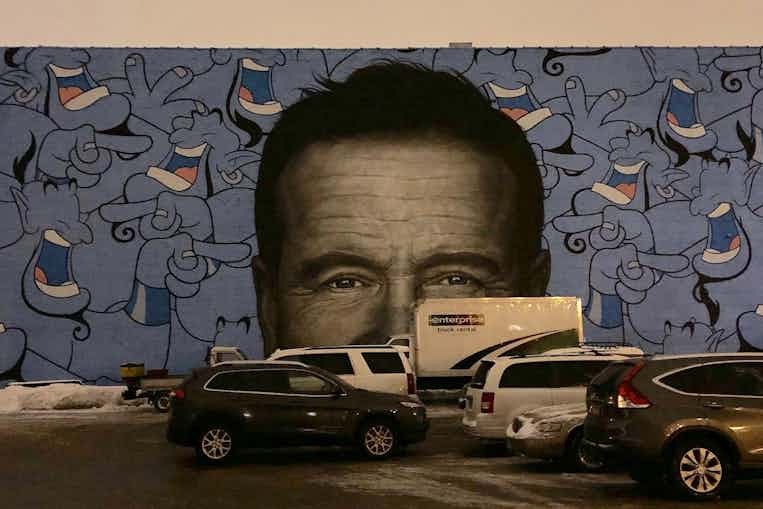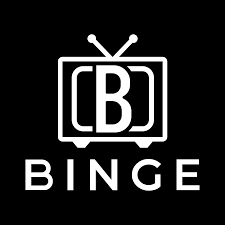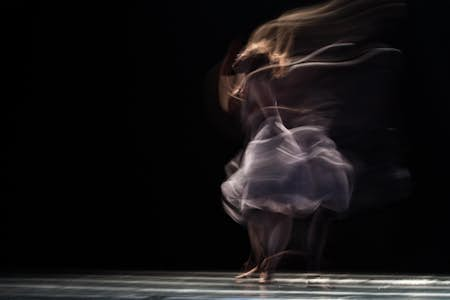Rating: ★★★1/2
Released: 1989
Director: Peter Weir
Starring: Robin Williams, Robert Sean Leonard, Ethan Hawke
Streaming: Amazon Prime Video (Rent: £2.49; Buy: £9.99), Sky Store (Rent: £3.49; Buy: £11.99)
Stay up to date with all your favourite shows - and know what your kids and grandkids are talking about - by taking out a subscription to a leading streaming service. Click a provider below to get started.
I’m completely aware this is an unpopular take for many, but I struggled with Dead Poets Society. I was excited to watch it - I’m a big fan of Robin Williams’ 80s and 90s credits, which include films like Good Will Hunting and Good Morning Vietnam - but I was left feeling unsatisfied and confused.
The film is set in the closing days of the 1950s at Welton Academy, a stuffy private boarding school in Vermont. We follow model student Neil Perry (Robert Sean Leonard) who is paired up with new boy Todd Anderson (Ethan Hawke) for their senior year - the last before college beckons. Perry and company head back into school routine at the beginning of the year, only to be disrupted by the arrival of the charismatic and unconventional new English teacher, John Keating (Robin Williams).
Williams is electric in this film. His performance is informed by his comedic experience, but remains charming and inspiring throughout. Keating shows his boys that poetry is something that should be lived and experienced, not taught from a textbook. This line of thinking grows and evolves throughout the film, in a way that harkens back to a very specific time and mood in American cinema.
On release, viewers wouldn’t have had the hindsight we do, but we can now observe Dead Poets Society as a relatively late entry in a long string of 1980s coming-of-age dramas. Despite its very different setting, it hits similar emotional beats to films like Stand By Me and even Ferris Bueller’s Day Off - both of which I enjoy immensely.
But my issue with Dead Poets Society isn’t with its mood or its genre: it’s with how believable the story is. I’ve got no problem with the first hour and a half of the film, which is captivating and thoroughly watchable. Even the satellite characters are distinctive and well-written; the exploits of Bohemian troublemaker Charlie Dalton (who later goes by Nuwanda) and smitten Knox Overstreet (what a name) are interesting tributaries from the main plot and illustrate just how much of an impact Williams’ Keating can have.
No - for me, it’s the business end of Neil Perry’s character arc where the narrative crumbles. I won’t spoil it for those who haven’t watched it, but I find what happens and how the film handles it completely unconvincing. It’s heavy-handed, insensitive, and downright weird. It caught me off-guard, and the more I think about it, the more unrealistic I find it. The film makes no real attempt to recover, either; the way Keating and the remainder of the students interact through the film’s epilogue just doesn’t feel believable.
Ultimately, Dead Poets Society is definitely worth watching for Williams’ performance and the significance it had at the time. It’s a valuable entry in a sequence of culturally important films that encapsulates a mood and a style we don’t and can’t replicate. But despite these qualities, something about it just doesn’t click for me. Its problematic conclusion means that while a worthwhile watch, it only picks up three and a half stars.
Image Credit: Brandi Alexandra at Unsplash









